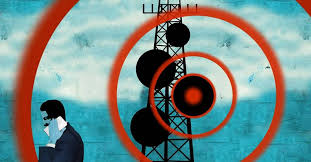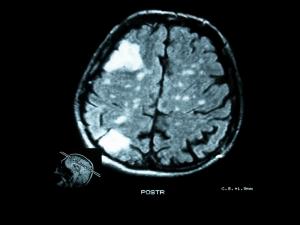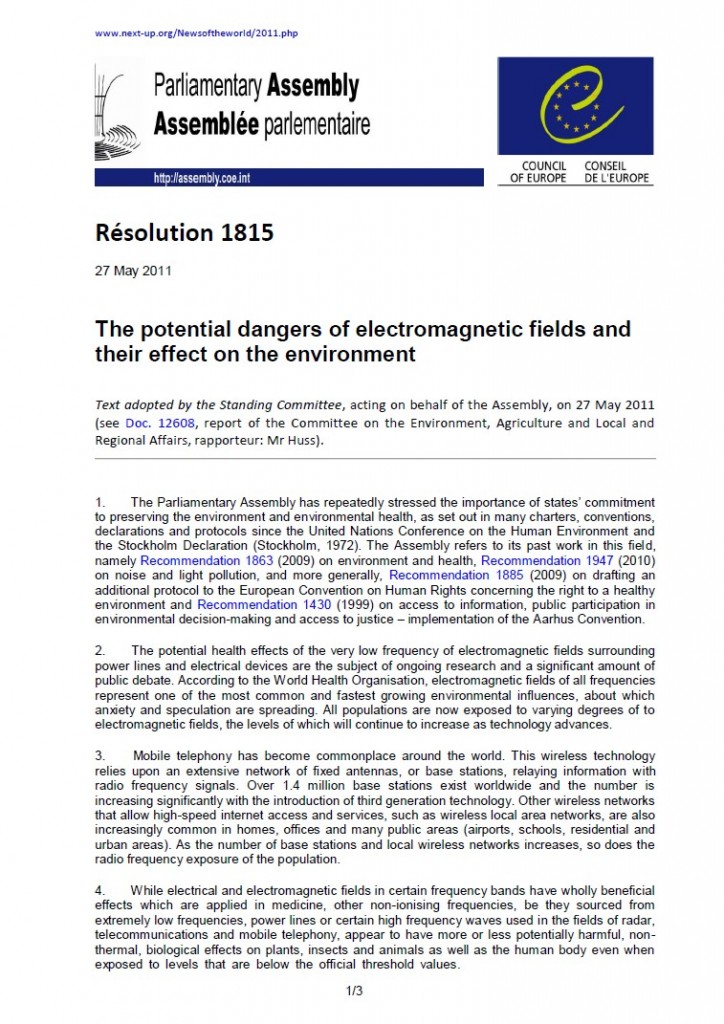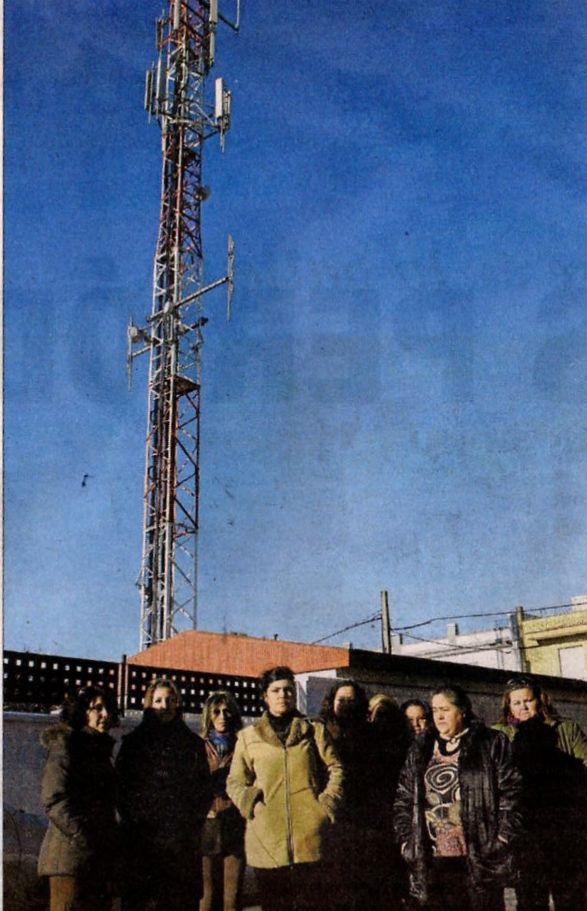Portada del sitio > Prensa > Mobile phone use raises the risk of mouth cancer, researchers (...)
Daily Mail, 14/12/07

Mobile phone use raises the risk of mouth cancer, researchers claim.
Sábado 15 de diciembre de 2007 · 1258 lecturas
Mobile phone use raises the risk of mouth cancer, researchers claim.
By DAVID DERBYSHIRE
Five years of frequent use increased the chances of developing a tumour by around 50 per cent compared with people who had never used one, scientists found.
The result raise concerns that mobiles could be interfering with the body in ways that scientists simply do not understand.
Previous studies into the links between phones and cancer have generated conflicting results.
The vast majority have found no evidence of serious health risks.
However, a small number have found links with cancers of the head and ear.
The latest research, carried out in Israel, was published in the respected American Journal of Epidemiology.
The lifestyles of 402 people with benign mouth tumours and 56 with malignant ones were compared to a control group of 1,266 people.
Those who used mobiles the most were more likely than normal to develop parotid gland tumours.
The parotid is the largest of the salivary glands and sits at the back of the mouth not far from the ear.
Long term users of mobiles tended to develop tumours on the same side of the head as the phone was normally held.
People who used mobile phones in rural areas, where the phone has to work harder to make contact with the nearest base station, were found to be at greater risk.
The cause of the heightened risk was not established.
Most studies have looked at the way the electromagnetic fields created by phones warm tissue.
However, the levels of the fields are thought too small to have a heating effect.
Instead, some researchers believe the fields have the power to disrupt chemical bonds within cells or damage DNA.
Lead researcher Dr Siegal Sadetzki, from the Chaim Sheba Medical Centre in Tel Hashomer, Israel, was cautious about coming to any conclusions.
"Until more evidence becomes available we believe that the precautionary approach currently adopted by most scientific committees and applied by many governments should continue," he said.
A similar study published a year ago in the same journal based on mouth cancer sufferers in Denmark and Sweden found no increased risk. But campaigners against mobile use leapt on the findings.
"This is more evidence - and strong evidence too - that mobile phones have a biological effect," said Graham Philips of Powerwatch.
"It brings into question once again the official guidelines on safe exposure which are based on the heating effects - not the non-thermal effects that they seem to have shown here."
However, other scientists urged caution.
The cancers studied are extremely rare.
Only 400 parotid tumour cases are diagnosed each year in the UK.
Of these, only 60 are usually malignant.
The advice from the Department of Health is that there is still no evidence that mobiles pose a health risk.
However, a Government funded six-year study in September found a "hint" of a higher cancer risk and concluded that a danger cannot be ruled out.
Ver la noticia original AQUÍ







